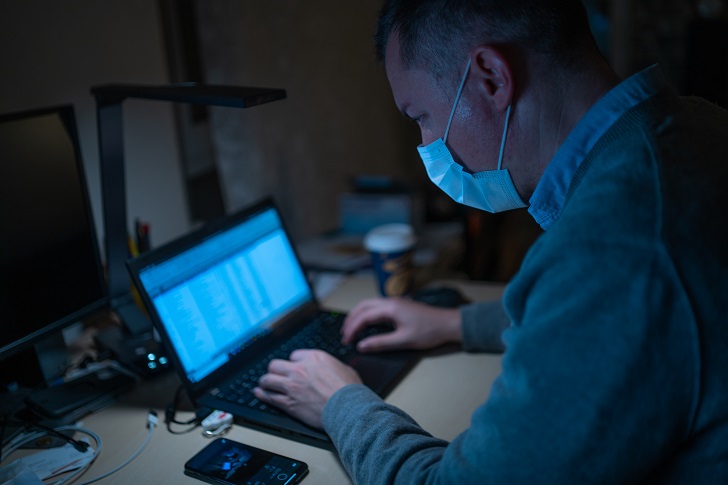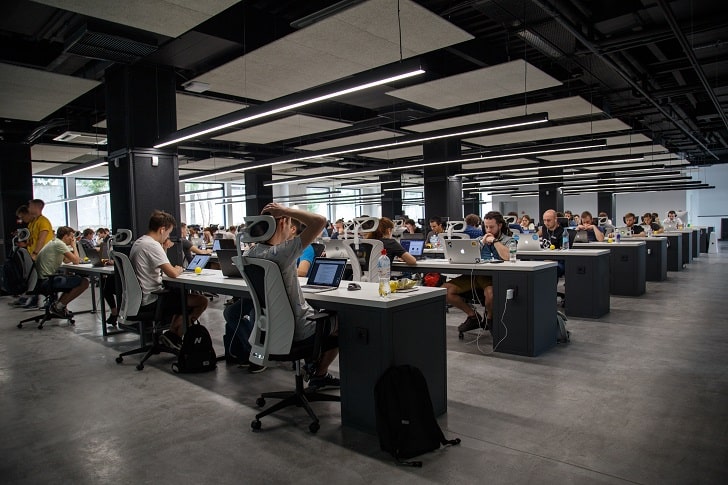The labor force has been gravely affected by the coronavirus pandemic. A lot of the workers are now opting to or are forced to work from home in a bid by the government to hopefully curb the outbreak.
However, not all workers have this prerogative or have jobs that are not possible to do remotely. Those who have to show up physically feel like paychecks are more important than one's health. What holds workers back is the fear of being fired for choosing to work from home. A new law has expanded the number of workers who can qualify to have guaranteed paid time off. However, that doesn't guarantee that they should work from home.
For those working essential jobs and don't have paid leave, staying at home may result in them being fired. To help clear things up, CNBC Make It talked to an employment attorney about the protection of workers amid the pandemic.

The new law offers guaranteed paid leaves, not the right to work from home.
New Law: Guaranteed Paid Time Off, Not Right to Work From Home
United States President Donald Trump recently signed a federal law on March 18. Among its inclusions are the changes in the requirements for paid sick leave, as per the Family and Medical Leave Act (FMLA). Other provisions of the fed law include coronavirus screening, enhanced unemployment insurance benefits, and paid leave.
According to labor and employment attorney David Barron, the new law extends the paid leave, but it doesn't give anyone the right to work from home.
For those who are in a company with less than 500 employees, employers need to provide 80 hours worth of paid sick leave to full-time employees. This can include those who are in self-isolation, are taking care of someone who is in quarantine or isolation, have kids whose schools have closed, or those having symptoms. Part-time workers' guaranteed time off depends on the number of hours they usually work over a two-week period.

Full-time employees of companies with less than 500 workers can have 80 days of paid leave.
This new law is the first time that the U.S. government provided mandated paid leave. This, however, does not include 48% of private-sector workers who work for a company with more than 500 employees.
The amount that workers will receive while on leave depends on their reason for taking the time off. Those who are sick earn a full amount with a max of $511 per day. Those taking care of an ill family member are entitled to two-thirds of their typical salary up to $200 daily. This new legislation has taken effect since April 2.
They Can't Take Their Jobs Home
Most of those who can't work from home are working in businesses involved in essential services like grocery stores, food joints, cleaning services, trucking, and hospitals. These workers are least likely to have sick leave, but they are the most at risk of exposure, based on the coronavirusanalysis by The New York Times. Since logistics can't make them work from home, these workers may need to rely on the paid time off they are guaranteed by law.

Those working in essential services or those who can't work remotely have to show up physically.
It's About the Location
Different states have been taking different approaches to how they handle the coronavirus pandemic. Hence, their state and local laws also vary.
In New York, nonessential businesses were ordered by Gov. Andrew Cuomo to adopt a work-from-home set-up. Meanwhile, in Illinois, Gov. Jay Pritzker has implemented a "stay-at-home" order across the entire state. These may not necessarily be the case for all states in the U.S.
